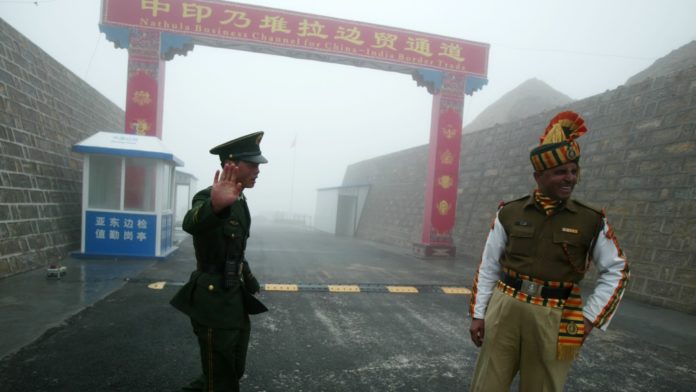Tensions between India and China are back on the world’s longest unsettled border. From the first week of May 2020, India and Chinese border troops have engaged in physical brawls along the disputed border, first near Pangong Lake in Ladakh and then days later in Sikkim, nearly 800 miles away.[1] The two sides were earlier involved in border confrontation in Doklam crisis of 2017.[2] Similarly, Pangong Lake experienced a skirmish in 2013. India-China border disputes, in most instances, are resolved without resorting to the use of force. In the past, such incidents were resolved through ‘banner drills’, i.e., defender digs in and displays signs in other’s side language that they are trespassing and calls on them to vacate. This practice has, however, not been held this time. As the current crisis enters the fifth week, both sides have reinforced their positions in the contested zones, and the Chinese side has reportedly crossed its previous claim line; constructed new posts, and dug-ins. This explainer would look into what exactly is the on-going border crisis? What broader challenges this episode signal for Asia’s two largest countries? How it impacts the local situation in Ladakh and by extension Kashmir? Read More…
© © 2019 Islamabad Policy Institute. | All Rights Reserved | Powered by Aesthetic Tech





























